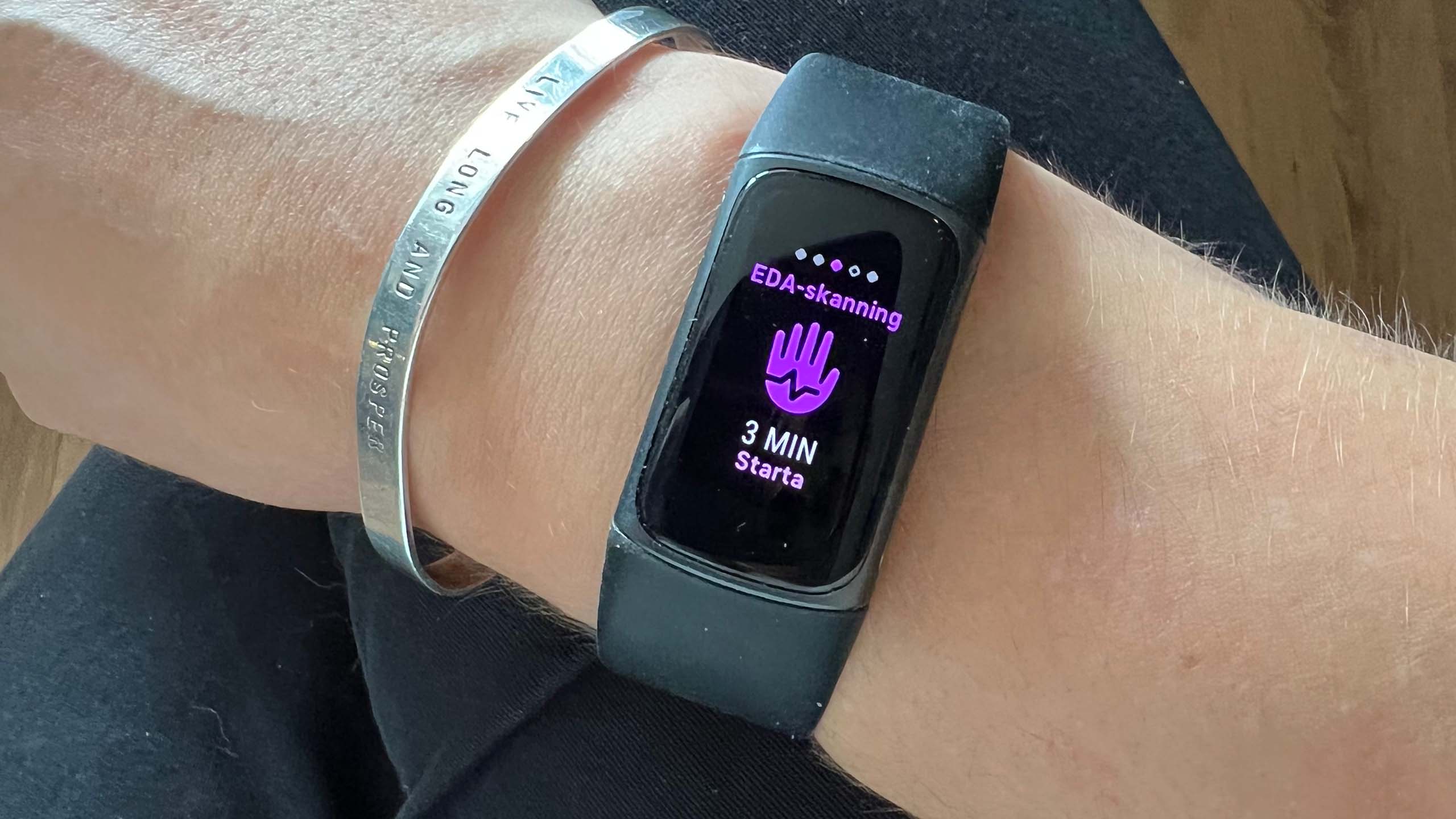Your Fitbit could soon get a potentially life-saving new feature

Google is seeking approval from the US Food and Drug Administration (FDA) for an algorithm that would let its fitness trackers monitor your heart rhythm for irregularities at all times, making it more likely that potential problems will be picked up early.
The Fitbit Sense and Charge 5 are two of the best Fitbits currently available, partly thanks to their ECG sensors that measure the timing of the electrical impulses that make your heart beat. If the watch detects an abnormal rhythm (atrial fibrillation), you'll receive an alert on the device's face, and the Fitbit mobile app can generate a report that you can share with your doctor.
Atrial fibrillation doesn't always need treatment, and smartwatches can sometimes give false positive results, but it's something that's worth investigating. Right now, however, the ECG app has to be activated manually, which isn't something most people without symptoms are likely to do regularly.
As The Verge reports, if Google secures FDA approval, the next Fitbit might be able to monitor for atrial fibrillation in the background, making it more likely that irregularities will be spotted.

According to Tony Faranesh, a research scientist at Fitbit, there's no clear timeline for when passive ECG monitoring might actually appear, and it's likely to take quite a while before it can roll out globally, as Google will need approval from the appropriate medical regulator in each territory before enabling the option there.
Other ways to check
Can't wait that long? If you own an Apple Watch 4 or above (not including the Apple Watch SE), you can set the watch to check for irregular heart rhythms automatically throughout the day.
Open the 'Health' app on your iPhone, tap the 'Browse' tab, and select Heart followed by 'Irregular heart rhythm notifications'. Once that's done, you can toggle irregular heart rhythm notifications on or off using the Apple Watch app on your iPhone.
Sign up for breaking news, reviews, opinion, top tech deals, and more.
Monitoring isn't constant, but your watch will check for signs of atrial fibrillation roughly every two hours (depending on your activity level), and you'll receive an alert if it detects something unusual and confirms it with multiple readings.
It's important to note, however, that smartwatches like the Apple Watch can't detect heart attacks. If you have any symptoms of a heart attack, you should call the emergency services immediately.

Cat is TechRadar's Homes Editor specializing in kitchen appliances and smart home technology. She's been a tech journalist for 15 years, having worked on print magazines including PC Plus and PC Format, and is a Speciality Coffee Association (SCA) certified barista. Whether you want to invest in some smart lights or pick up a new espresso machine, she's the right person to help.